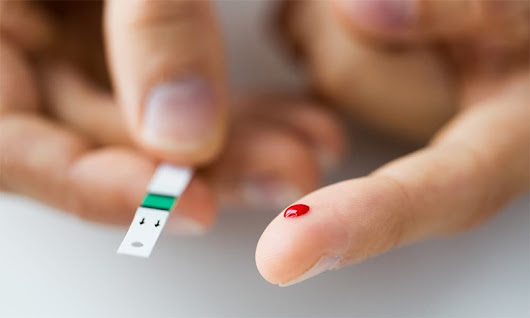A study reveals that night owls are at higher risk of developing type 2 diabetes than early birds.
%20(1).jpeg)
What Is Type 2 Diabetes?
Type 2 diabetes is a lifelong disease that keeps your body from using insulin the way it should. It is a condition that happens because of a problem in the way the body regulates and uses sugar as a fuel. That sugar also is called glucose.
In type 2 diabetes, there are primarily two problems. The pancreas does not produce enough insulin — a hormone that regulates the movement of sugar into the cells. And cells respond poorly to insulin and take in less sugar.

A recent comprehensive study conducted by investigators from Brigham and Women’s Hospital in Boston has uncovered a significant link between evening “chronotypes” and an increased risk of developing diabetes.
Being a night owl and having an evening chronotype increases the risk of diabetes by 19% compared to being an early riser, according to research.
Being a night owl isn’t about staying up late to party. It’s about a person’s circadian preference, or having a natural body clock that is partly genetically set to stay up late. That means night owls are wired differently from people who seem to automatically wake up at the crack of dawn and nod off at an early hour.
Night owls were more likely to develop diabetes — about 19% after the researchers accounted for the impact of unhealthy habits associated with being a night owl. And that means there may be something about wake and rise times being shifted later that raises the risk of diabetes.
The study involved 63,676 nurses from the ages of 45 to 62. Each participant filled out a questionnaire every two years from 2009 until 2017. None had a history of cancer, cardiovascular disease, or diabetes at the study’s outset.
Of the participants, 11% described themselves as having a “definite evening” chronotype, while 35% said they had a “definite morning” chronotype.
The researchers also considered an intermediate chronotype for people not strongly associating with the other chronotypes.
Evening chronotype people were 54% more likely to have unhealthy lifestyle habits, including smoking, inadequate sleep duration, higher weight and BMI, lack of physical activity, and poorer-quality diet.
After accounting for lifestyle factors, evening chronotype was associated with a 19% increased risk of diabetes, the researchers said.
The new research is the latest evidence to show that being a so-called evening chronotype — or feeling more energetic at night — can be hazardous to your health. Previous research has linked being a night owl to obesity and heart disease.

